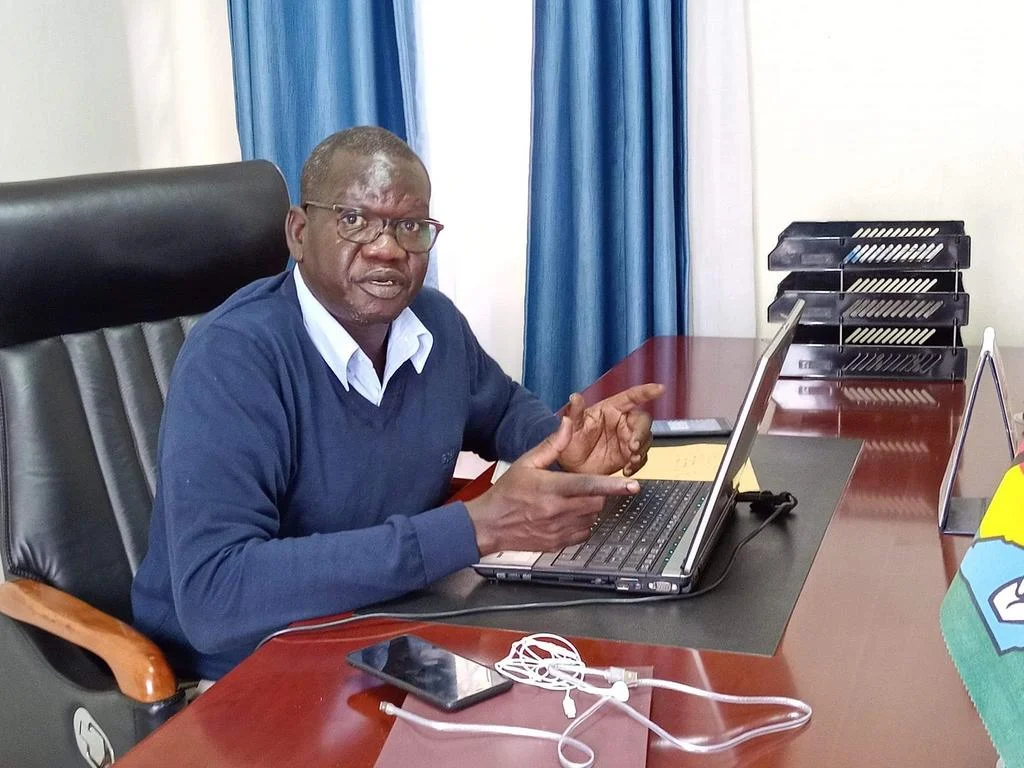Makerere University continues to encourage all employees in Local Governments to arm themselves with skills in administrative law, especially in response to the changing paradigms of public administration. Efficiency and service to the people are key, and this includes a corruption-free Local Government.
Local Governments are conduits that transport services to Ugandans in communities and must deliver these services accurately from the Central Government to the grassroots. To achieve this, a corruption-free workforce is essential.
The numerous arrests of parish chiefs across various districts for mismanagement of PDM and EMYOOGA funds have prompted many institutions of learning to step in and help by training staff in various disciplines. These initiatives aim to create a sober workforce that serves communities rather than their own interests.
Some Chief Administrative Officers (CAOs) have observed that it is indeed crucial to ensure that all employees in local governments, from the lowest to the highest levels, are equipped with the necessary knowledge in administrative law for the proper functioning of Local Governments. One Chief Administrative Officer in the Bugisu region says that there are many accounting officers in local governments, including parish chiefs, sub-county chiefs, and District Health Officers (DHOs). These individuals handle funds and need to ensure that money is spent within the necessary parameters. Therefore, they need to be well-versed in the Anti-Corruption Act.
The Administrative Law Officers’ course is designed to equip learners with skills in various areas, including criminal law, which focuses on what constitutes a crime, causes of criminal behavior, and punishments once criminal conduct is established. The course also covers white-collar crimes, aspects of the Anti-Corruption Act, defenses against criminal liability, and more.
Mr. Steven Masiga, the Makerere University Mbale Centre Coordinator (which serves the districts of Bugisu, Teso, Karamoja, and Bukedi, including Sebei), says, “Our role as a university is to help the region and ensure that every government employee is qualified in administrative law. While we do need fees, our prime focus is to ensure that learners get the knowledge and can pay in installments. It pains us to see our people in Local Governments paraded by police for abuse of office. This is distressing for us as an institution of learning, and we must bring everyone to the university.”
He further recounts a story of one town clerk, who recently completed the administrative law course. The clerk shared how he was arrested by police for misappropriating public funds, but after being released, he immediately enrolled in the administrative law class. He expressed that had he known the invaluable benefits of the law course earlier, the situation would have been different. He now pledges to encourage others to study administrative law.
The Administrative Law course teaches respect for the boundaries between public funds and private funds. Public funds must be spent according to the enabling legal financial protocols. Other units covered in the course include Introduction to Law, which exposes learners to the structure of law, its definitions, branches, sources, and the enactment of ordinances. Constitutional law, which covers the tripartite system of governance; criminal procedure, which explains reasons for trial, service of summons, and pleas; contract law; Local Government law, which focuses on stages in lawmaking; and administrative procedures, are also part of the curriculum.
Mr. Masiga further adds that Makerere University has official centres spread across the country. “We are among the best institutions to support Local Governments,” he says. Makerere University centres are gradually supporting Local Governments, and thousands of students have acquired these skills in law. “I’m happy to report that many of those who have acquired these qualifications are now performing impressively,” he says.
According to the Makerere University tracer study, many of these graduates have been promoted. A recent example is a district officer in Mbale, who was promoted after completing her certificate in administrative law from the Makerere University Mbale Centre.
Many District Education Officers, headteachers, and other local government staff have been trained, including parish chiefs. The Mbale Centre has the highest number of trained returning officers in administrative law, including district registrars from Moroto, Kumi, Napak, Soroti, Busia, and Pallisa. These officers are now equipped with the necessary skills to manage the 2026 General Elections and to carry out their duties in line with the law.
Makerere University has centres spread across the country to bring university education to communities. This aligns with the university’s mission of taking education to the people and bringing people to the university.
Some of the official centres include the Mbale Centre (serving Bugisu, Teso, Sebei, Karamoja, Bukedi, and parts of Kenya), the Iganga Centre (serving Busoga), the Kamuli Centre (serving Busoga), the Lira Centre (serving Lango and Acholi regions), the Busia Centre (serving Namayingo, Bugiri, and Busia, including parts of Kenya), and the Wakiso Centre (serving Wakiso and Mukono Districts).




















